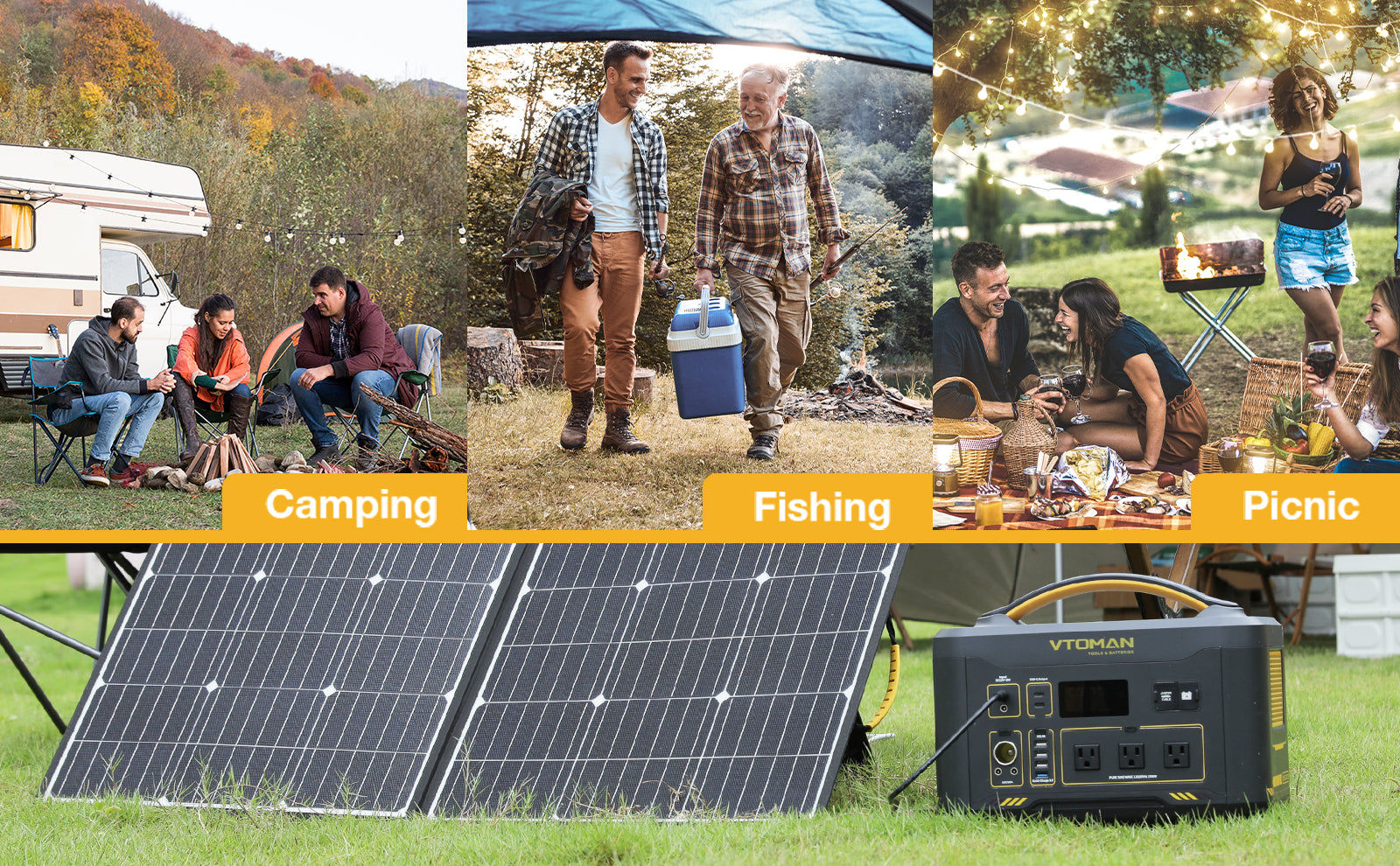Exploring the Top Battery Choices for Off-Grid Solar Systems
Off-grid solar systems are becoming increasingly popular as a sustainable and reliable source of energy. One of the key components of these systems is the battery, which stores the energy generated by the solar panels for use during times of low or no sunlight. Choosing the right battery is crucial for the efficiency and longevity of the system. In this article, we will explore the top battery choices for off-grid solar systems and discuss their advantages and disadvantages.

Lead-Acid Batteries
Lead-acid batteries have been a popular choice for off-grid solar systems for many years. They are affordable and widely available, making them a practical option for those on a budget. These batteries are known for their durability and ability to handle deep discharges, making them suitable for off-grid applications.
However, lead-acid batteries have some drawbacks. They require regular maintenance, including checking the water levels and ensuring proper ventilation. They also have a limited lifespan compared to other battery types, typically lasting around 5-7 years. Despite these limitations, lead-acid batteries remain a reliable and cost-effective option for off-grid solar systems.
Lithium-Ion Batteries
Lithium-ion batteries have gained popularity in recent years due to their high energy density and longer lifespan compared to lead-acid batteries. They are lightweight, require minimal maintenance, and have a higher depth of discharge, allowing for more usable capacity.
One of the key advantages of lithium-ion batteries is their efficiency in charging and discharging. They can be charged at a faster rate and can handle high discharge rates without significant loss of capacity. This makes them ideal for off-grid solar systems, where energy storage and retrieval are crucial.
However, lithium-ion batteries are more expensive than lead-acid batteries, which can be a deterrent for some users. Additionally, they require a battery management system to prevent overcharging and overheating, adding to the overall cost. Despite these drawbacks, the long lifespan and superior performance of lithium-ion batteries make them a top choice for off-grid solar systems.
Gel Batteries
Gel batteries are another option for off-grid solar systems, offering a maintenance-free and reliable energy storage solution. These batteries use a gel electrolyte, which immobilizes the electrolyte and prevents leakage even if the battery is damaged.
One of the main advantages of gel batteries is their deep cycle capabilities. They can withstand repeated deep discharges without significant loss of capacity, making them suitable for off-grid applications where the battery is frequently discharged. Gel batteries also have a longer lifespan compared to lead-acid batteries, typically lasting around 10-12 years.
However, gel batteries have a lower energy density compared to lithium-ion batteries, resulting in a larger physical size for the same capacity. They are also more expensive than lead-acid batteries, although they offer a longer lifespan. Overall, gel batteries are a reliable and low-maintenance option for off-grid solar systems.
Saltwater Batteries
Saltwater batteries, also known as sodium-ion batteries, are a relatively new entrant in the off-grid solar system market. These batteries use a saltwater electrolyte, making them environmentally friendly and non-toxic. They have a high energy density and can handle deep discharges without significant loss of capacity.
One of the key advantages of saltwater batteries is their safety. Unlike lithium-ion batteries, they are not prone to thermal runaway or fire hazards. They also have a longer lifespan compared to lead-acid batteries, typically lasting around 10-15 years.
However, saltwater batteries are still in the early stages of development, and their availability and affordability may be limited. They also have a lower energy density compared to lithium-ion batteries, resulting in a larger physical size for the same capacity. Despite these limitations, saltwater batteries show promise as a sustainable and safe option for off-grid solar systems.
In conclusion, when exploring the top battery choices for off-grid solar systems, it is important to consider factors such as cost, lifespan, maintenance requirements, and performance. Lead-acid batteries offer affordability and durability, while lithium-ion batteries provide high energy density and longer lifespan. Gel batteries offer deep cycle capabilities and low maintenance, while saltwater batteries offer safety and environmental friendliness. Each battery type has its own advantages and disadvantages, and the choice ultimately depends on the specific needs and preferences of the user.
References
References:
- Art
- Causes
- Crafts
- Dance
- Drinks
- Film
- Fitness
- Food
- الألعاب
- Gardening
- Health
- الرئيسية
- Literature
- Music
- Networking
- أخرى
- Party
- Religion
- Shopping
- Sports
- Theater
- Wellness
- Travels

